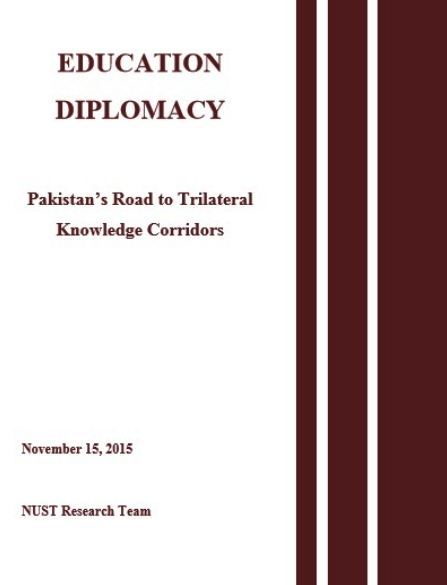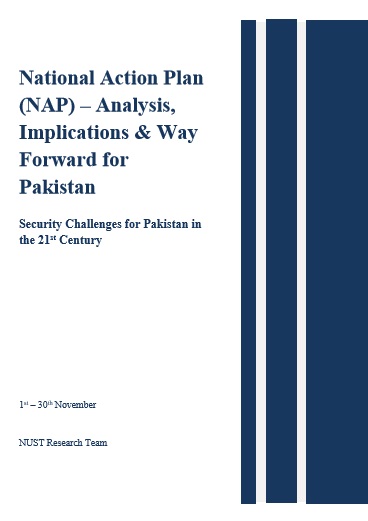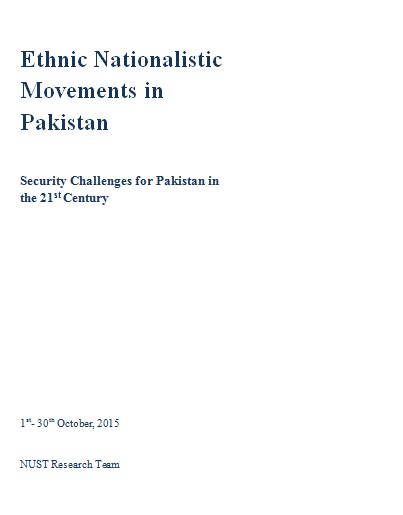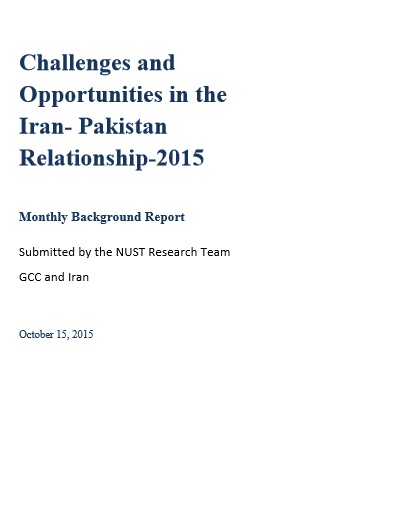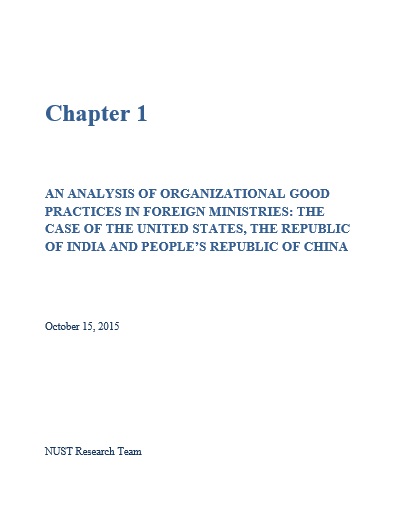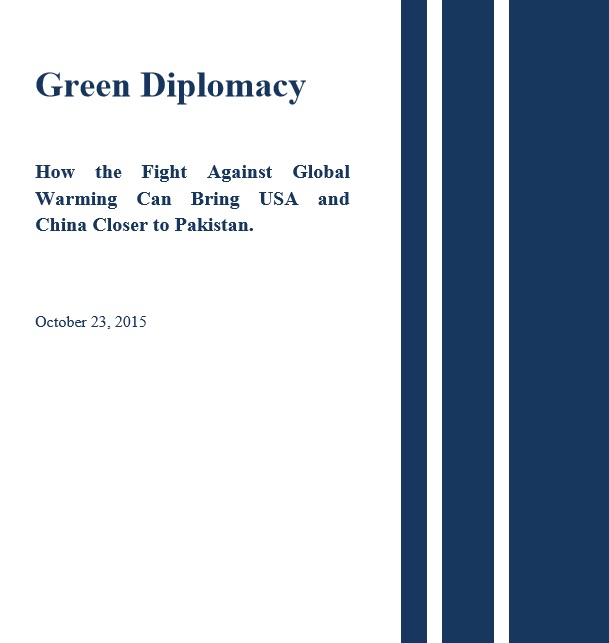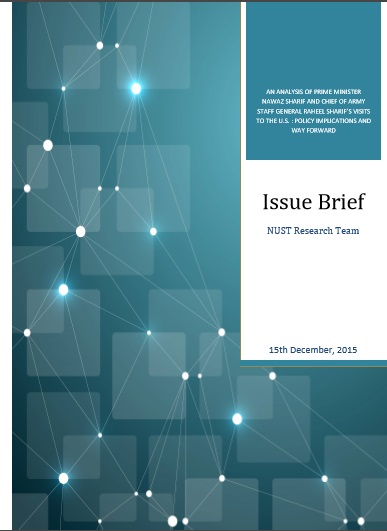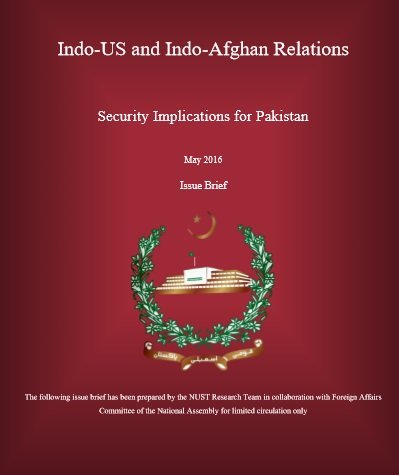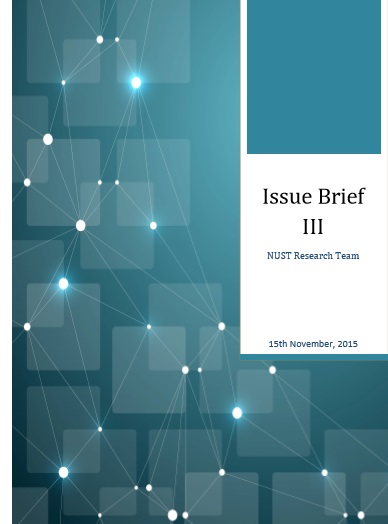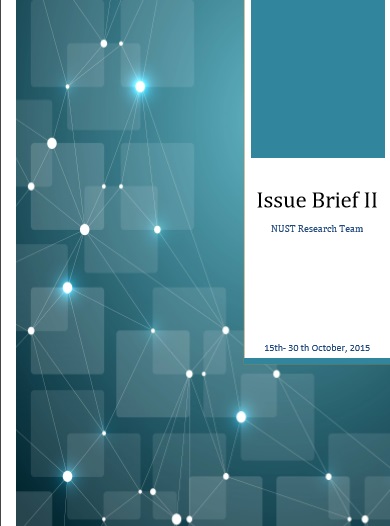Education Diplomacy: Pakistan’s Road to Trilateral Knowledge Corridors
The purpose of this paper is to submit implementable policy options to Standing Committee of the National Assembly on Foreign Affairs. The paper highlights areas where Pakistan requires assistance to improve its education system by tackling existing issues in Pakistan’s primary, secondary and higher education levels. Issues include: the outdated data of education sector, poor […]
Education Diplomacy: Pakistan’s Road to Trilateral Knowledge Corridors Read More »

